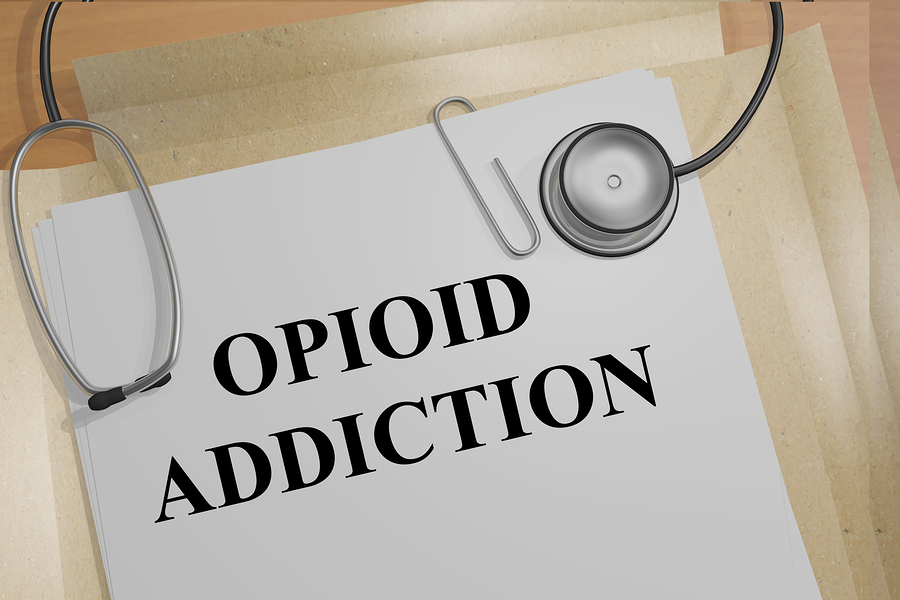Providing Treatment for Alcohol or Drug Abuse

Short-term inpatient treatment programs were originally developed to treat people with alcohol dependencies. In the mid-1980s, many treatment centers began offering this treatment model in response to the cocaine epidemic taking place at the time.
Most programs start with having a client undergo detoxification (detox) and medically managed withdrawal where they are closely supervised while their body is freed from the influence of chemicals. Medications may be given to provide symptom relief during this time and to keep the patient feeling comfortable.
Intensive Treatment in Short-term Care
After detox, an intensive alcohol or drug treatment program starts. Since short-term treatment programs usually only last for up to 30 days, these types of programs are usually based on a modified 12 step program. Clients are provided with monitoring and support on a 24-hour basis while in the residential program, which also includes individual and group therapy. They will also learn life skills which will help them live drug or alcohol free once they return home.
Continuing Care Plan Essential for Clients
Once a client has completed the initial phase of treatment, they are not discharged to go home without a plan for continuing care. A client will leave a short-term outpatient treatment program and move on to an outpatient program or and aftercare program.
The reason that aftercare is put in place before leaving the initial phase of treatment is so that a client does not “fall through the cracks” and go through a period where they are not continuing to meet with a counselor regularly. It’s important that the tools that were learned during the short term inpatient rehab treatment continue to be reinforced and practiced after a client returns home, where they may be exposed to memories and influences that will tempt them to either drink or use drugs.
If clients have continued support from an outpatient program or aftercare, they are less likely to relapse after completing inpatient treatment for alcohol or drug abuse.



